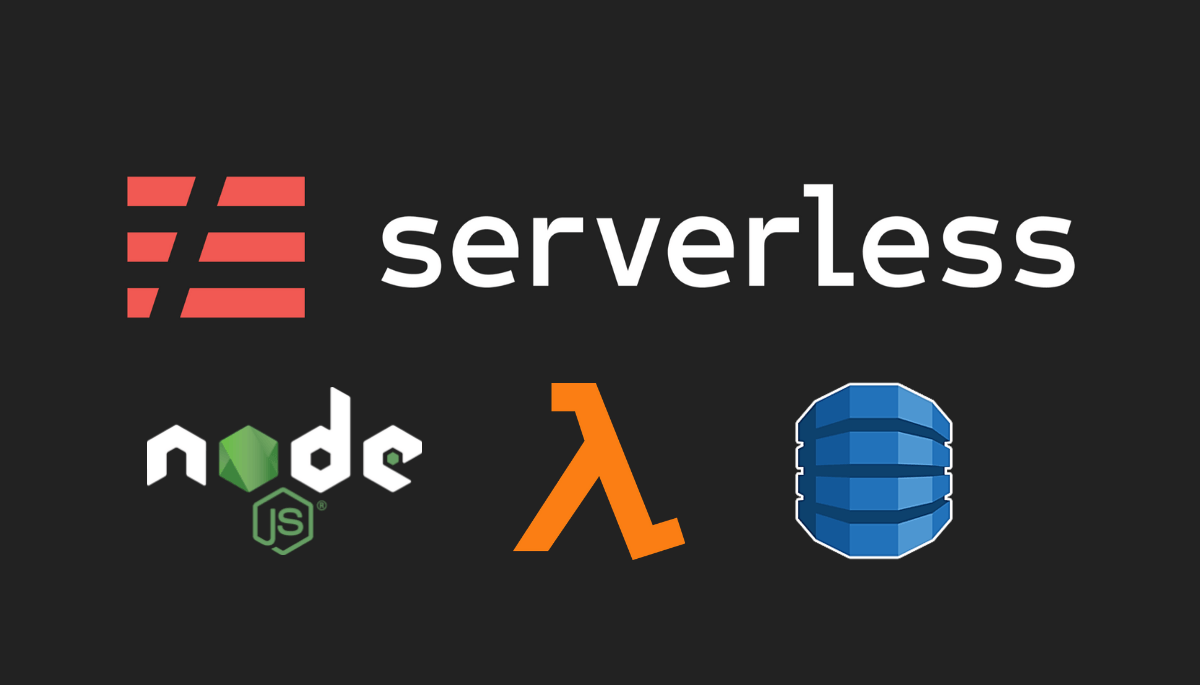Nextcloud Accuses Google of Play Store App Rejection
May 14, 2025
5 min read

Nextcloud has publicly accused Google of deliberately crippling its Android Files app on the Google Play Store. At the heart of the controversy is Google's decision to revoke the app’s “All files access” permission—an action Nextcloud says undermines its functionality and user trust.
Background: Android Files App and Permission Change
Since 2016, Nextcloud’s Android Files app has relied on the “All files access” permission to allow full file synchronization on user devices. In 2024, Google’s Play Store review process revoked this permission, arguing in favor of scoped storage alternatives. According to Nextcloud, this decision hampers the ability to upload non-media files and breaks core functionality for over 824,000 users.
Technical Impacts: Scoped Storage vs. Full Access
Google's scoped storage—introduced with Android 11—limits access to photos, videos, and audio through the MediaStore API, or to user-selected folders via the Storage Access Framework (SAF). Nextcloud argues these options are inadequate for a full-featured file sync app, especially for document and archive uploads.
Nextcloud’s Response
Nextcloud says it has repeatedly appealed Google's decision, providing technical justification and history of safe usage. However, Google’s rejections have allegedly been generic and unhelpful. In response, Nextcloud published an open blog post detailing the issue and urging transparency.
Google’s Policy Stance
Google's developer policy warns that declaring “All files access” while targeting Android 11+ can block Play Store listing. Google frames this as a user privacy enhancement, but critics—including Nextcloud—argue it's a way to suppress competition from open-source alternatives.
Developer Community Reactions
The open-source community is divided. Some support Google’s privacy-focused policies, while others argue that companies like Nextcloud are unfairly limited by arbitrary rules that favor Big Tech ecosystems.
F-Droid as an Alternative
Nextcloud continues to offer a fully functioning version of its Files app via F-Droid, an open-source Android app store. However, this workaround adds friction for users unfamiliar with sideloading apps outside Google Play.
Conclusion
The dispute between Nextcloud and Google highlights the growing tension between privacy regulations and open-source software innovation. As Google continues to refine its Play Store policies, developers like Nextcloud are left questioning whether large platforms can simultaneously ensure privacy and support fair competition.


